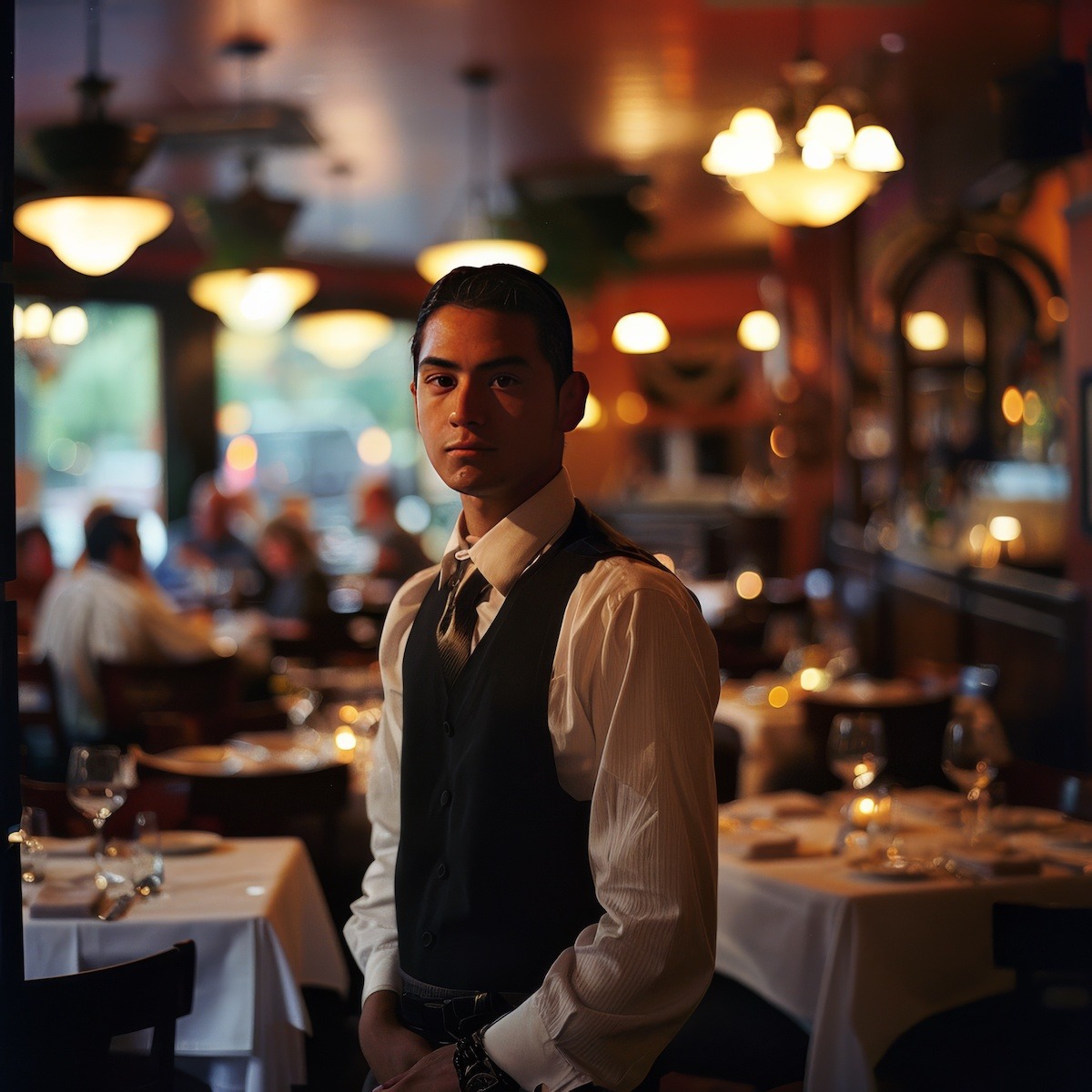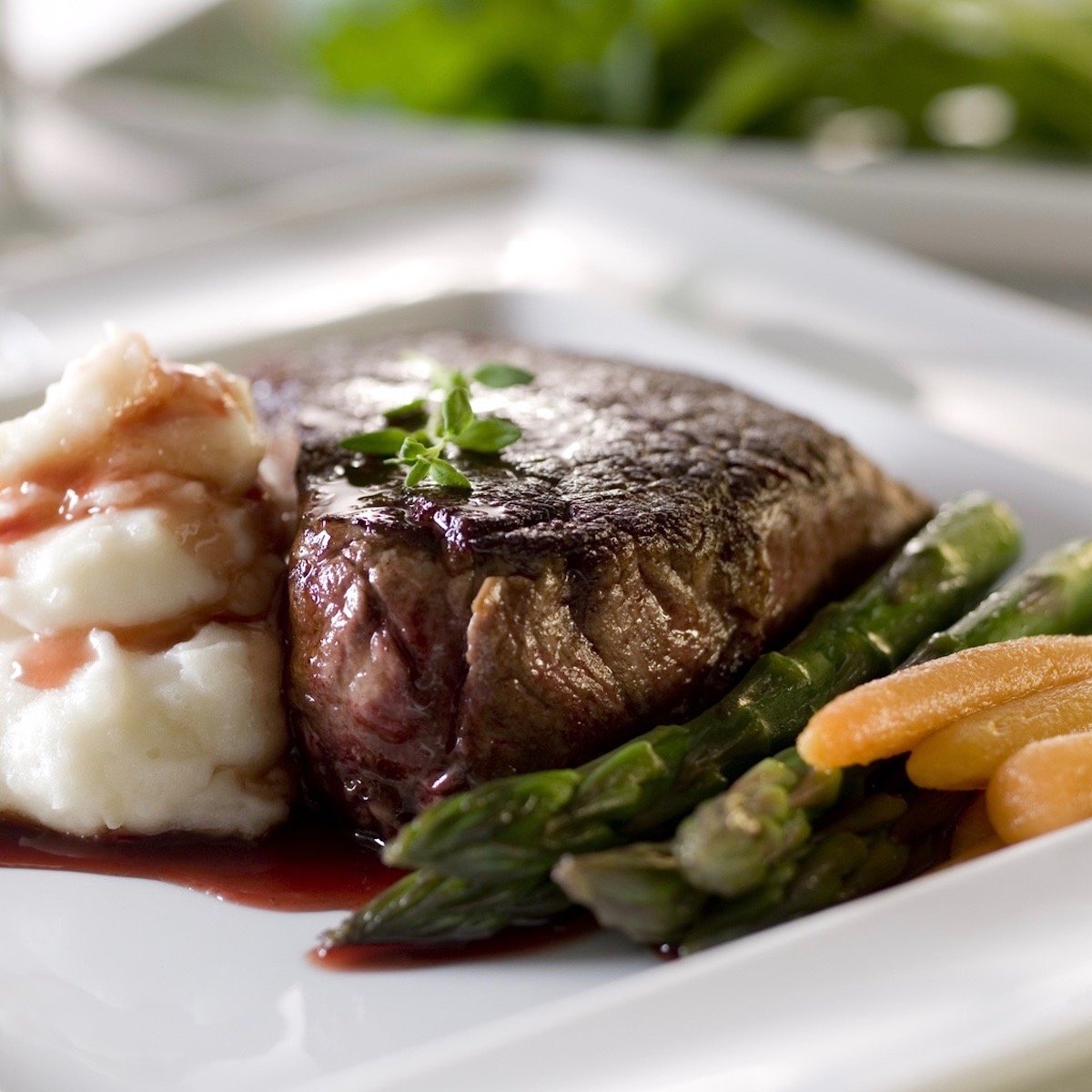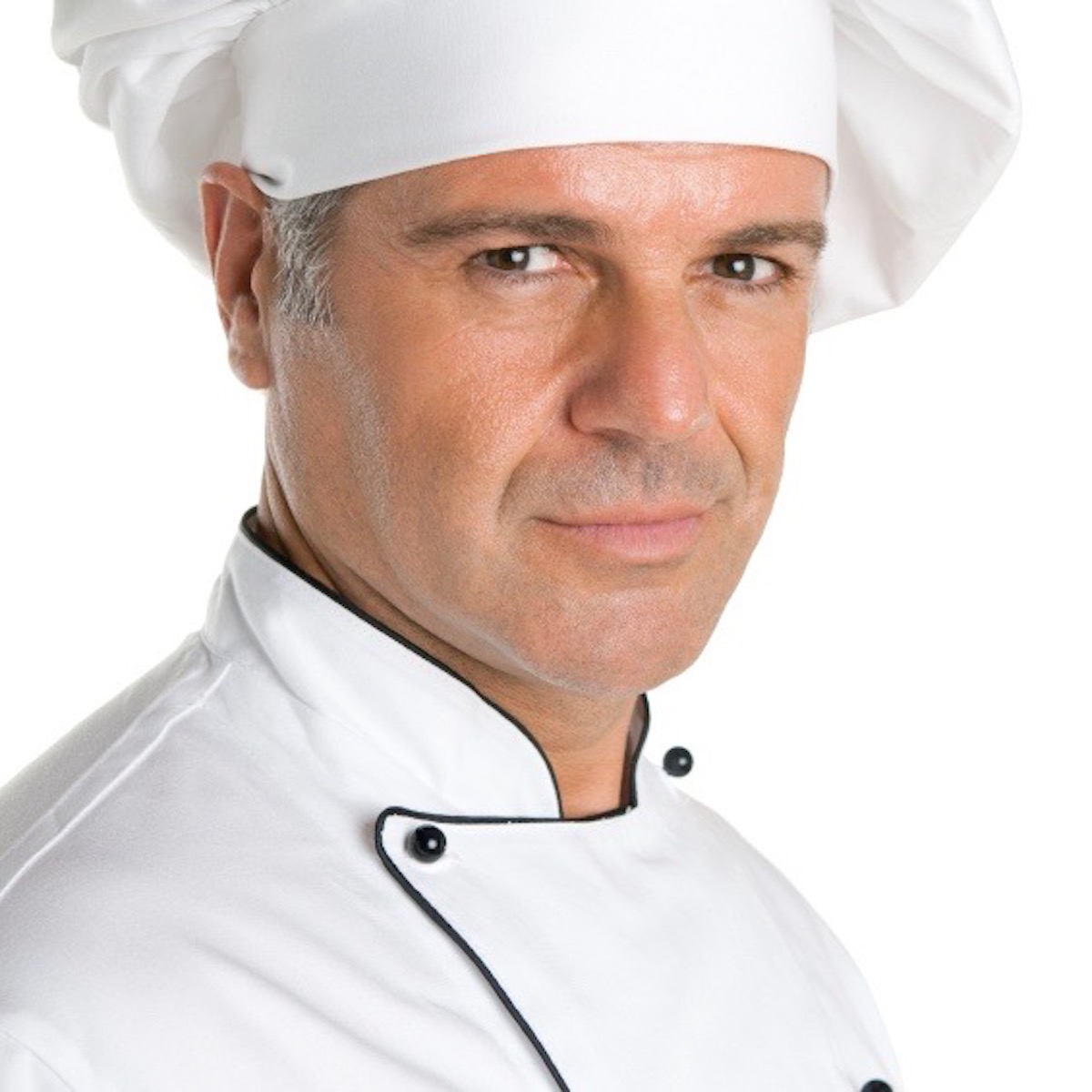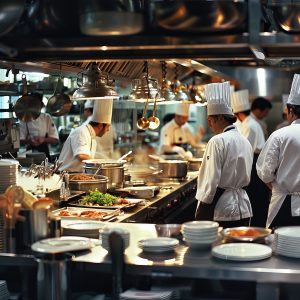What to Consider Before Pursuing a Career in the Culinary Industry?
Making the First Move
Any major life decision is accompanied by a checklist of questions that must be answered before proceeding. Considering a career in the professional culinary world is no different.
Whether you have your sights set on attending culinary, baking, or pastry school or are ambitious enough to jump right into a professional kitchen and get your hands dirty with practical experience, there are certain considerations you should not overlook.
Whether you are in or out of the classroom, you will be working toward a career in a professional restaurant or food service setting. This means that there are some important decisions you need to make before taking the next step into this demanding yet extremely rewarding field.
1. Can You Handle the Stress
If you have ever had entry-level experience working in a restaurant or know somebody who has, you can attest to the fact that the kitchen is one of the most stressful environments to work in—particularly without personal preparation or enthusiasm for the art of cooking or baking. Producing a product that will be served to patrons for their enjoyment and nourishment is stressful enough.
Aside from ensuring that you are preparing delicious, high-quality food, there are health concerns associated with preparing a successful meal in the kitchen.
For example, is everything being made in a clean and safe environment with the correct ingredients? Are all components of the meal fresh and safe to ingest? Is the kitchen up to industry standards?
Furthermore, there is a chain of command in a kitchen setting. If everyone is not prepared to do their job quickly and efficiently, then the entire process is disrupted—often causing a holdup in the kitchen, dissatisfied customers, and a grumpy executive chef.
To enter into a professional kitchen setting, you have to be able to handle the stress and unpredictability of the job and be ready to perform. You know what they say: if you can’t handle the heat, get out of the kitchen!
2. Can You Handle the Hours
Unlike a typical 9-5 office job, professional chefs, bakers, or pastry chefs often work long nights, weekends, and holidays. The process of food prep, cooking, and cleanup may mean that you are at work for large chunks of time and away from your family.
For instance, consider a career working in a bakery. This would require rising early to freshly bake the goods for early-morning customers. You could also consider working as a sous chef in a restaurant.
It may be the winter holidays, and you will likely be working long hours to help prepare a holiday menu for a rush of patrons making reservations over Christmas or Hanukkah. If you are adaptable and prepared to spend time away from your family and out of the house, then this is a career you will be well suited to. Consider working 55-60 hours in a heavy work week.
3. Can You Handle the Physicality?
You may not even realize it, but working in a kitchen is physically strenuous. You will be on your feet for the majority of the job, often lifting heavy kitchen supplies and constantly chopping ingredients throughout the workday. What’s more, say goodbye to nicely manicured hands!
As a professional chef or cook, smooth skin will be sacrificed for blisters and burn marks from the kitchen on your hands. On top of that, the kitchen temperature is hot—particularly as you will be in constant motion in a room full of hot ovens and other big machines, such as dishwashers, that give off ambient heat.
Of course, working in a restaurant with firebrick pizza ovens will be the hottest conditions—consider breaking a sweat in 100+ degree temperatures every night. Frequent lifting and bending are also in the job description of a professional chef or sous chef. Get ready for a fast-paced and physical work environment!

4. Can You Handle the Pay?
Before entering a career in the culinary industry, ask yourself: are you doing this for the money?
You must know exactly why you are getting into the field and realize that a very small percentage of cooks become celebrity chefs who become extremely wealthy in top-notch salaried positions.
It may take years to work up to a high-paying position, and you will most likely be working under an hourly wage for most of your entry-level career. Make sure that you really love what you do and that the reasons for entering the field are independent of money.
Starting/Entry Level salaries for the following:
Pastry Chefs: $26,000-50,000 annually
Sous Chef: $24,000 to just under $50,000 annually. More experience results in a higher pay scale.
Assistant Chef: Average, median salary is around $30,000-60,000 annually
Executive chef: With a short time of experience in the kitchen, annual wages start out at around $50,000 a year. As their experience grows in the field, the salary can increase to over $85,000 annually—typically higher in five-star restaurants or hotels
5. Can You Handle the Temptations?
In today’s culinary industry, you must always be extremely professional and ready for promotions and interactions with patrons and top executive chefs. Although you may be working in a fun and fast-paced environment, it is easy to fall prey to a plethora of temptations.
For example, late nights in the kitchen are typical, meaning that free drinks from the bartender come with the job after hours. Be careful that these late nights are not becoming unproductive and dangerous.
There is a culture of drugs, alcohol, and smoking that are associated with working late restaurant nights. However, the industry is changing, and this “after-hours job fun” type is no longer accepted at a top restaurant or food service setting.
6. Can You Handle the Downers?
Cooks who have been in the business too long sometimes lose their passion and forget the reason they chose this profession. When you don’t see much upward movement in your career, it is easy to resist change altogether and refuse to try new things (whether that be learning new tricks of the trade or moving from sous chef to head chef).
Remember the reason you began in the first place, and be ready to embrace new dishes, techniques, and job openings that may require you to step outside your comfort zone. To avoid getting down, lean on the energy of others around you in the kitchen, and remember that networking is just as important in a culinary job as it is in an office environment.
Coworkers and other people working in the food line will help keep your spirits up and ready to take the next step into a promotion!
7. Can You Handle the Work Load?
A professional culinary career equates to a strict schedule and hard work! Consider the steps of a day. Prep work may include hours of chopping ingredients before you even start cooking.
On top of that, working the line – fryer, saucier, desserts, plating, etc.- can often feel tedious. Lastly, cleaning up and getting ready for the next day may seem like a difficult routine to stick to. Remember that this schedule is a necessary element of the job, and you must work through it in order to be successful.
8. Can You Handle the Humility
It takes years to get to a place where you feel as if you are a “master” chef. You will make mistakes, especially when starting out in an entry-level position.
As in any job, you will have to do the dirty work at the beginning of your career, including peeling, chopping, cleaning, mopping floors, and putting in time with the simplest jobs no matter how talented you are in the kitchen. Remember that these are the steps you must take in order to advance.
9. Can You Handle the Learning Curve
Cooking is a science as much as it is an art. To be the best, you have to keep up with the latest culinary trends.
It is a job where you are always learning, constantly reading, tasting new recipes, and stepping outside your comfort zone to be successful in the culture of food. When applying for jobs, keep in mind that working for the most demanding chefs may mean that you will learn more.
Be ready to embrace a variety of techniques and recipes to learn as much as you can, particularly as you are starting out.
10. Can You Handle a Career in the Culinary Industry
After answering all the questions above, is becoming a chef what you really love to do? Is this your passion and ambition?
Some people love to cook as a hobby, but you should only enter this field if you want to pursue it as a career. It is a profession that requires hard work, little recognition, and low pay.
However, the benefits of doing what you love and providing customer satisfaction are priceless. Before making a decision, sit down and create a pros and cons list. But here is the pro that outweighs all the cons: entering a career that you are truly passionate about.
Bon appetite!













One Response
i love it